Is it cheap to vacation in Russia?
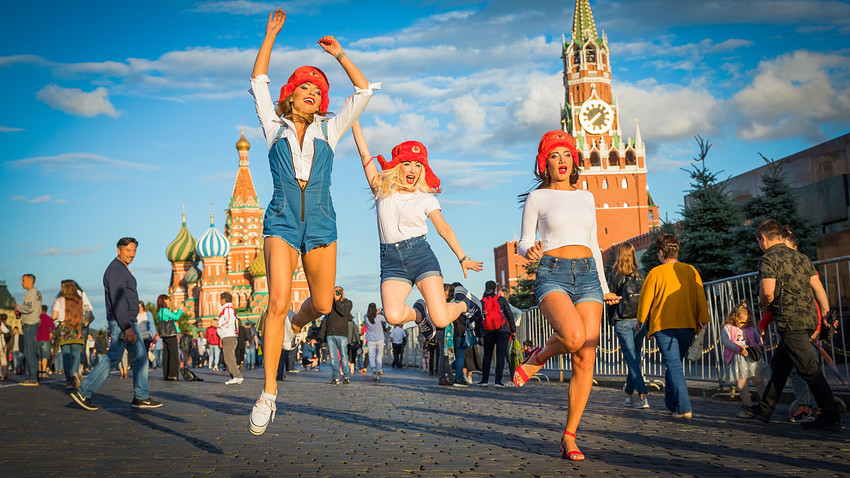
International travel and visa
Every traveler knows that the most significant part of the budget usually gets spent on actually reaching your holiday destination. If you live halfway across the world from Russia it’ll most likely mean spending a considerable amount of your savings on flights. For instance, if one looks at the prices right now, a return flight from New York to Moscow for March 2019 can cost as much as $600-700, while coming from London will set you back $300-400.
On top of

Local travel
Once you’ve landed, getting around is unlikely to eat much of your budget. A one-way ticket from one of the Moscow’s airports to the city center via Aeroexpress trains costs 500 rubles ($8) and even less (420 rubles or $6.4) if you buy it online in advance. Hopping on and off the Moscow metro won’t break the bank either: a Troika card requires 50 rubles ($0.76) as a deposit and will cut your travel costs to just 36 rubles ($0.55) per ride. Taxis can be pricey, but only if you stop them on the street. Uber, Yandex, and similar taxi hire apps are far cheaper
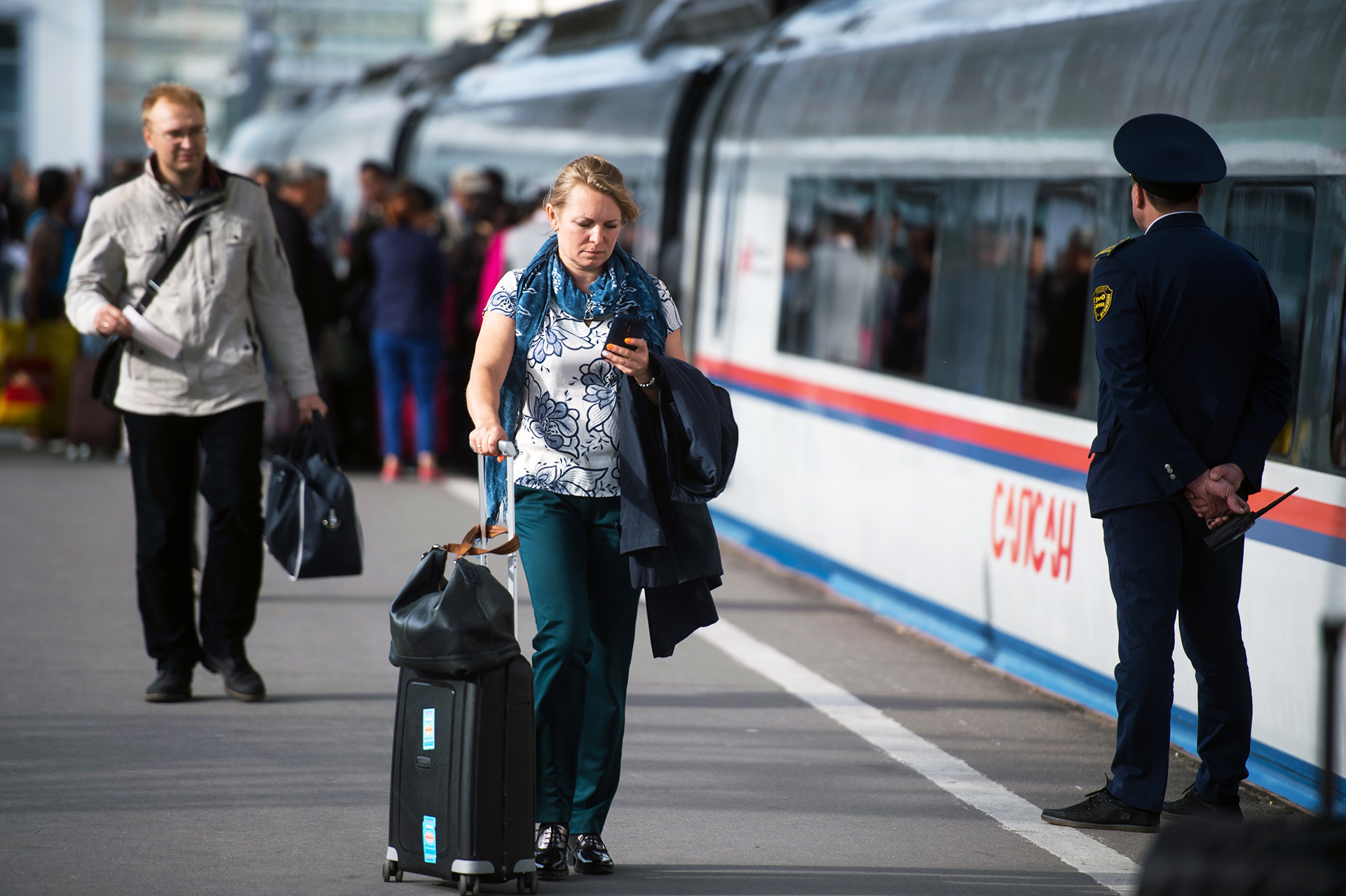
Accommodation
Probably one of the most frustrating things is booking suitable accommodation. There are hundreds of low-budget hostels, as well as hotels for every need, so here everything is up to you. Cheap options can be found in hostels away from the city center ($10-40 per night) but if you want to soak up life in the center be prepared to part with $100-200 upwards, depending on the location of the hotel and its rating. For instance, a two-night stay in a decent hotel not far from the Tretyakov Gallery can burn a $150 hole in your pocket
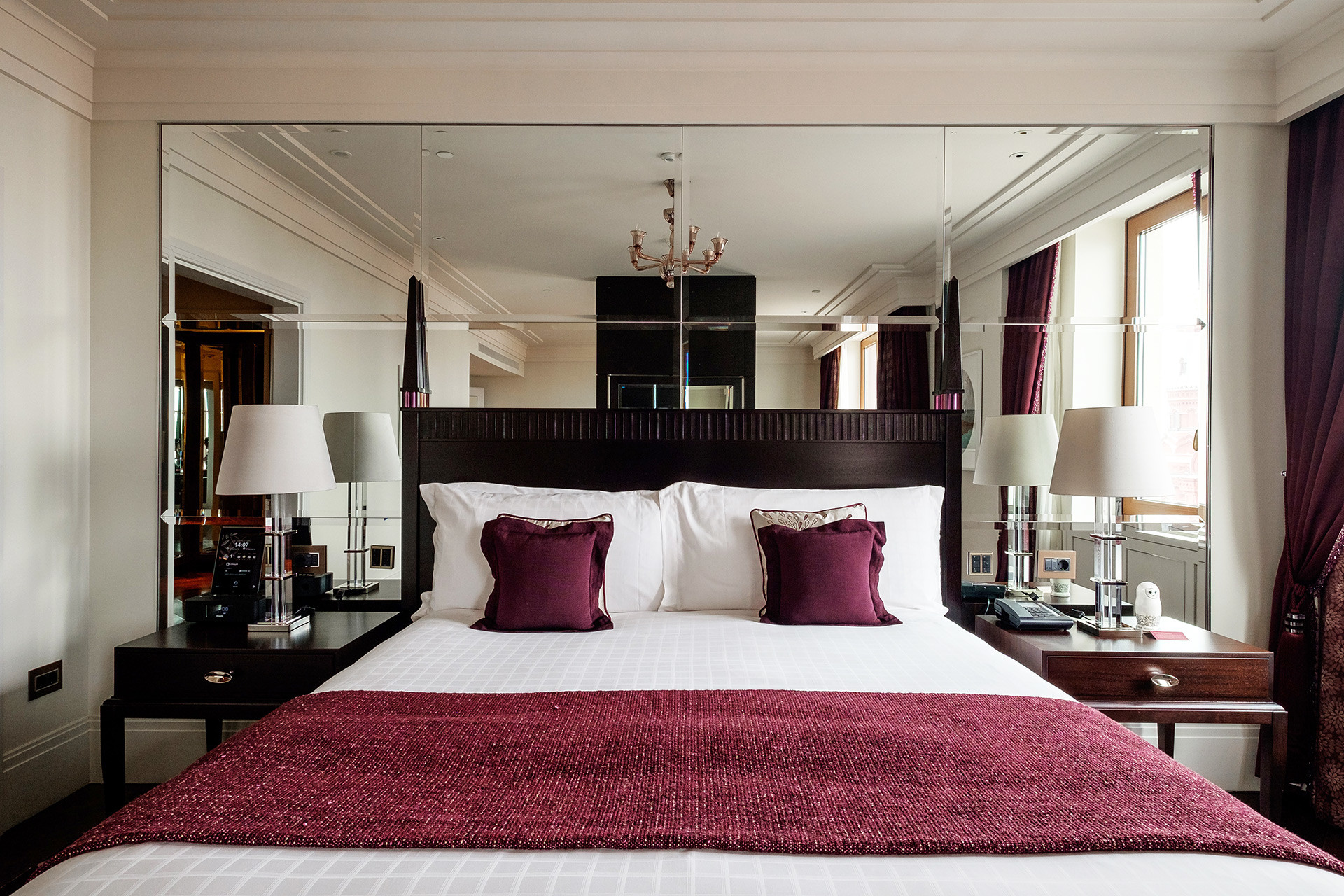
One of the rooms at the "Four Seasons" hotel
Alexander Zelikov/TASSFood
As with hotels, the cost of dining out is down to you. Grabbing a coffee might cost 120-400 rubles ($2-6), lunch in an average cafe might set you back 400-600 rubles ($6-10), and a fancy dinner in a good restaurant - anywhere between 700-2,500 rubles ($11-38) per person depending on your taste. Dining at the famous White Rabbit restaurant, considered among the world's top 50 restaurants, will mean spending at the very least $40 per head
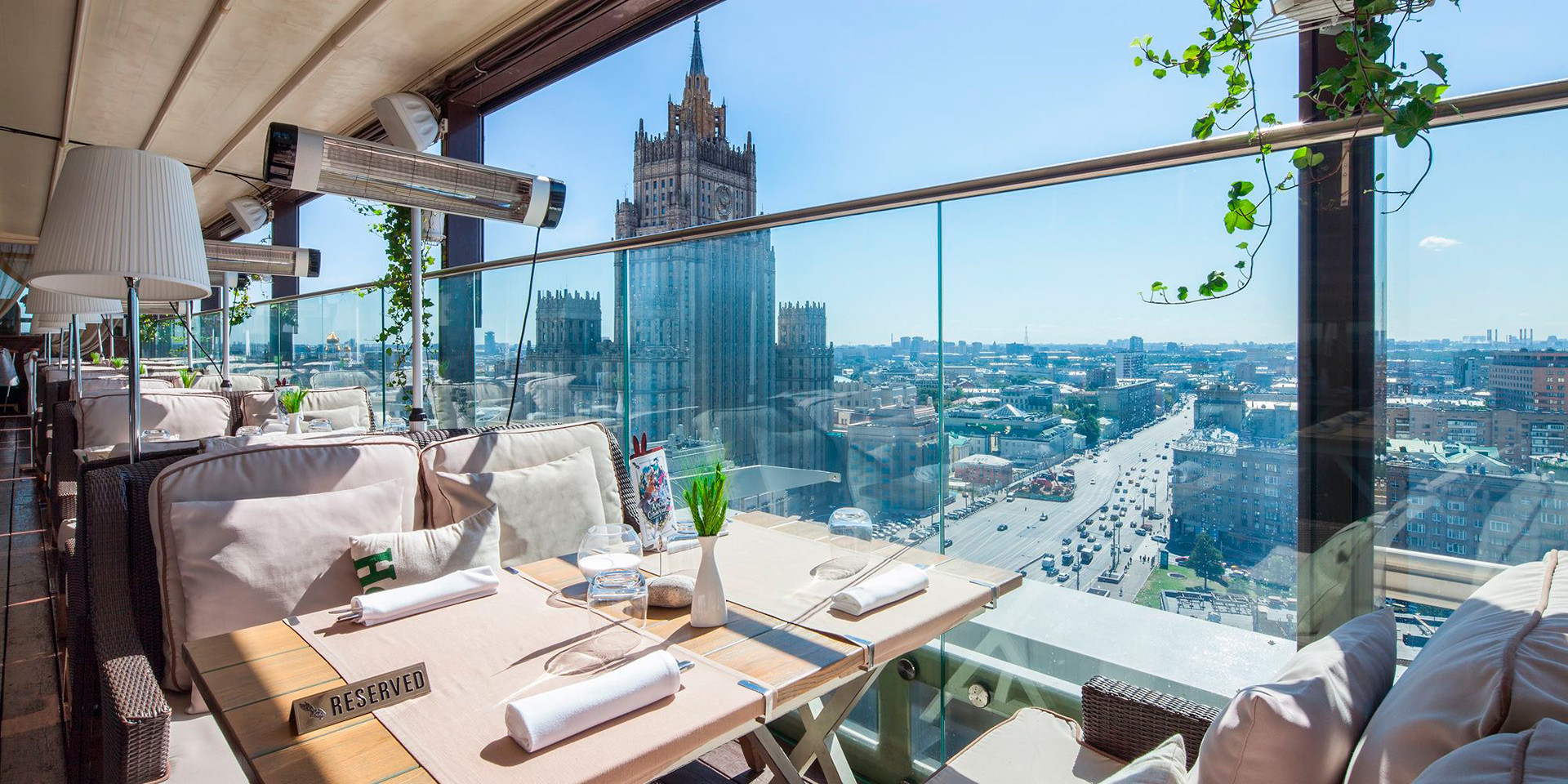
White Rabbit
Press PhotoSightseeing and entertainment
A holiday is a time to enjoy oneself and in
Considering going to the famous Bolshoi Theater? A ticket to the opera or ballet might cost anywhere from 3,500 ($53) to 15,000 rubles ($230). Want to visit the museums and galleries? The entry fee can range from 100 rubles ($1.5) in smaller museums to 700 rubles ($11) in bigger ones, but on average be prepared to part with 400-500 rubles ($6-8).
Entry to the Pushkin State Museum of Fine Arts, for instance, is 400 rubles ($6) and the ticket to the main museum complex of the Hermitage in St. Petersburg is 700 rubles ($11). This not taking into account guided tours or audio guides - prices for these vary but are generally around 200-300 rubles ($3-5) for renting an audio guide and 400 rubles ($6) for joining a group with a guide.
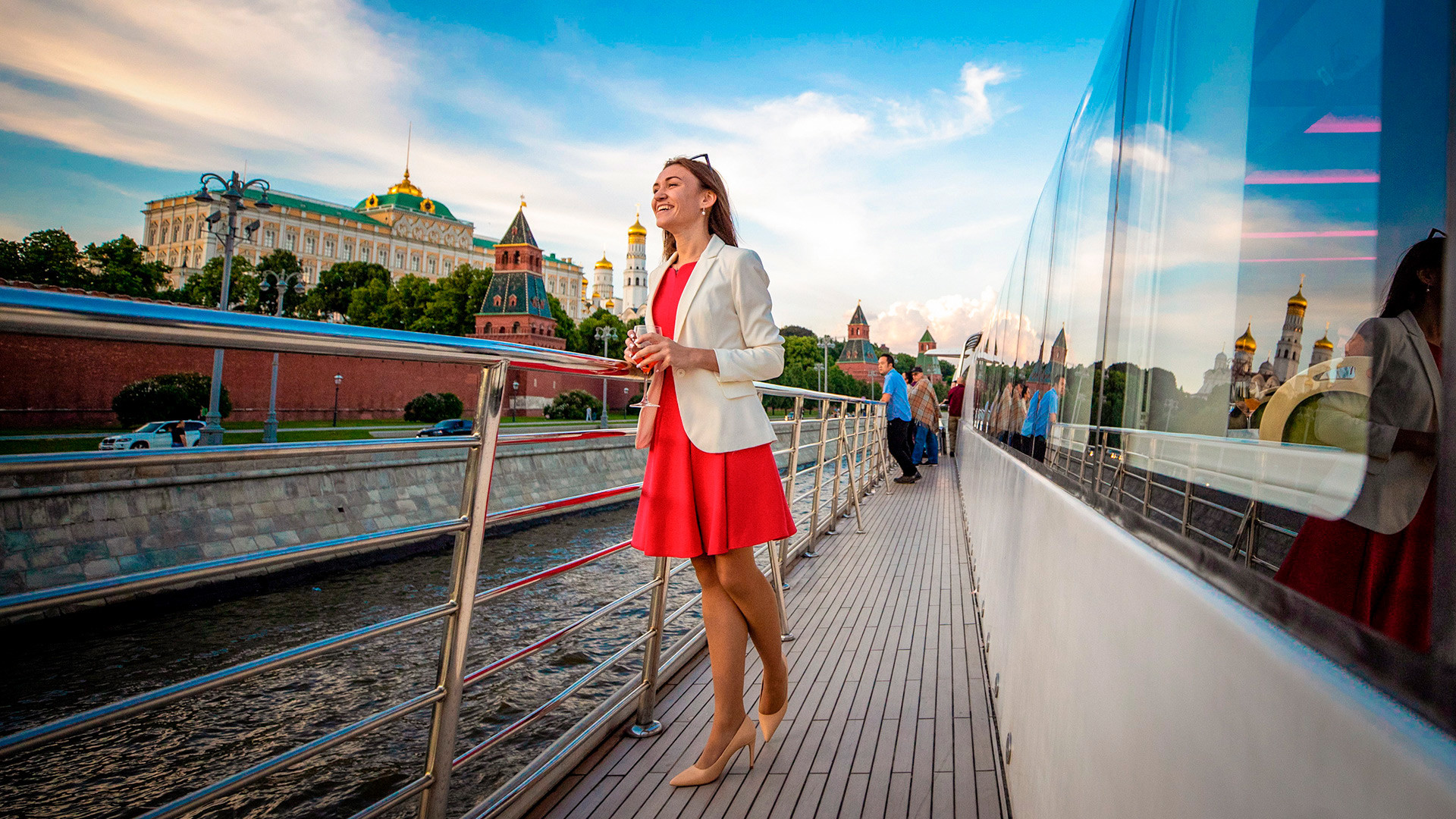
River cruises and bus tours can also range in price, but quite affordable ones can be found for no higher than 400 rubles ($6) for cruises and around 1,500-2,000 rubles ($23-30) for bus tours. Private guides are also available and can set you back about 500-700 rubles ($7-10) per hour in Moscow and St. Petersburg.
Bars and clubs - if you fancy winding down after a busy day sightseeing you can find dirt cheap speakeasies and high-end bars to have fun in(prices start at about 200 rubles, that’s $3, for a drink). In some
Souvenirs
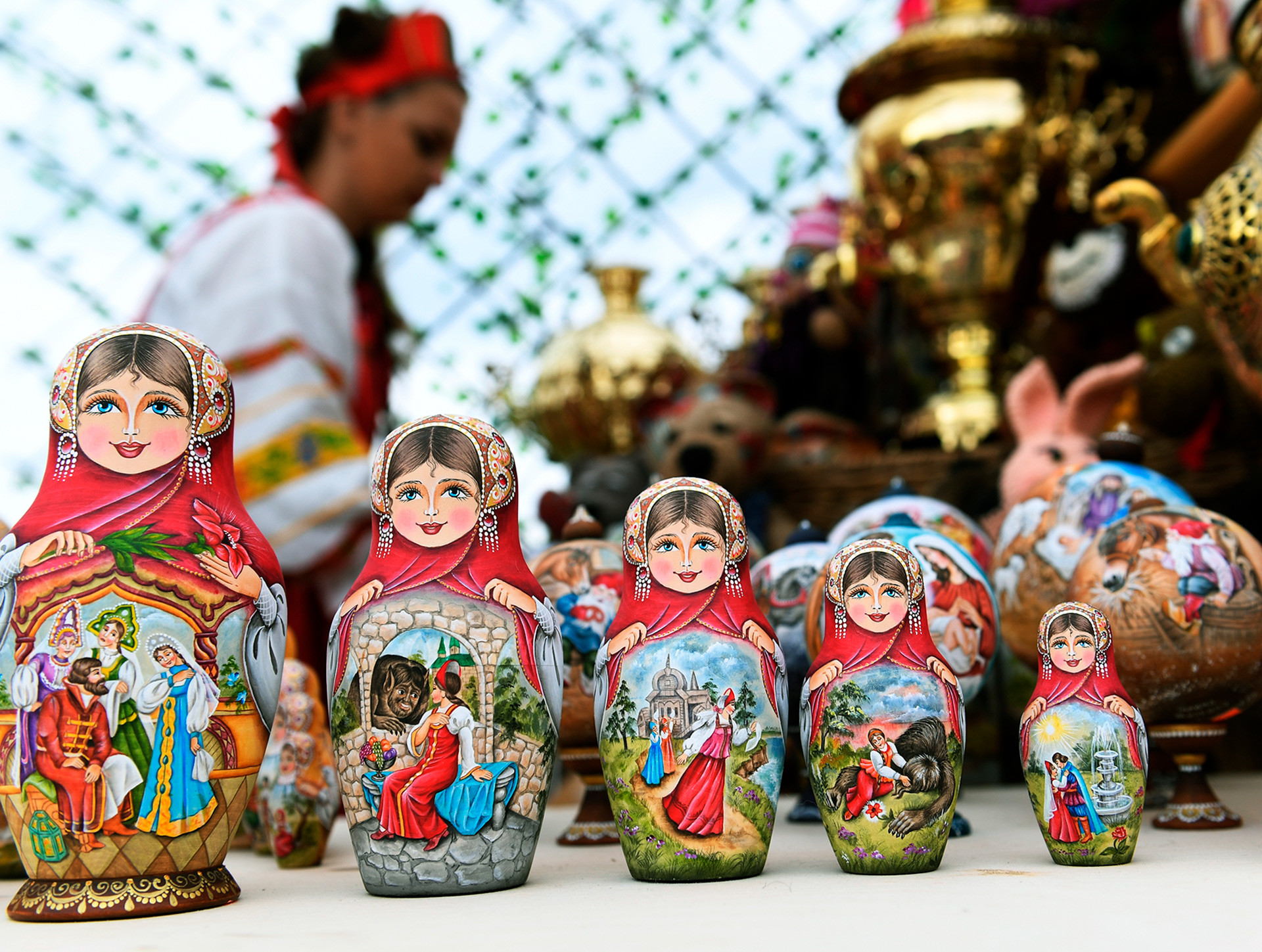
Shopping for a traditional Russian matryoshka doll or ushanka hat probably won’t leave you short on cash, unless you crave something really exclusive like an authentic Russian kokoshnik tiara (check out these $2,500 masterpieces).
An original Orenburg shawl costs between 1,300 and 4,200 rubles ($22-71) depending on its size, while on the street you’ll find poor quality shawls for a fraction of that price. A pair of real reindeer fur boots from Siberia also don’t come cheap - around $300. On the other hand, if you’re not prepared to spend a fortune on souvenirs, but want something special, visit the Izmailovo market in Moscow.
Average total costs
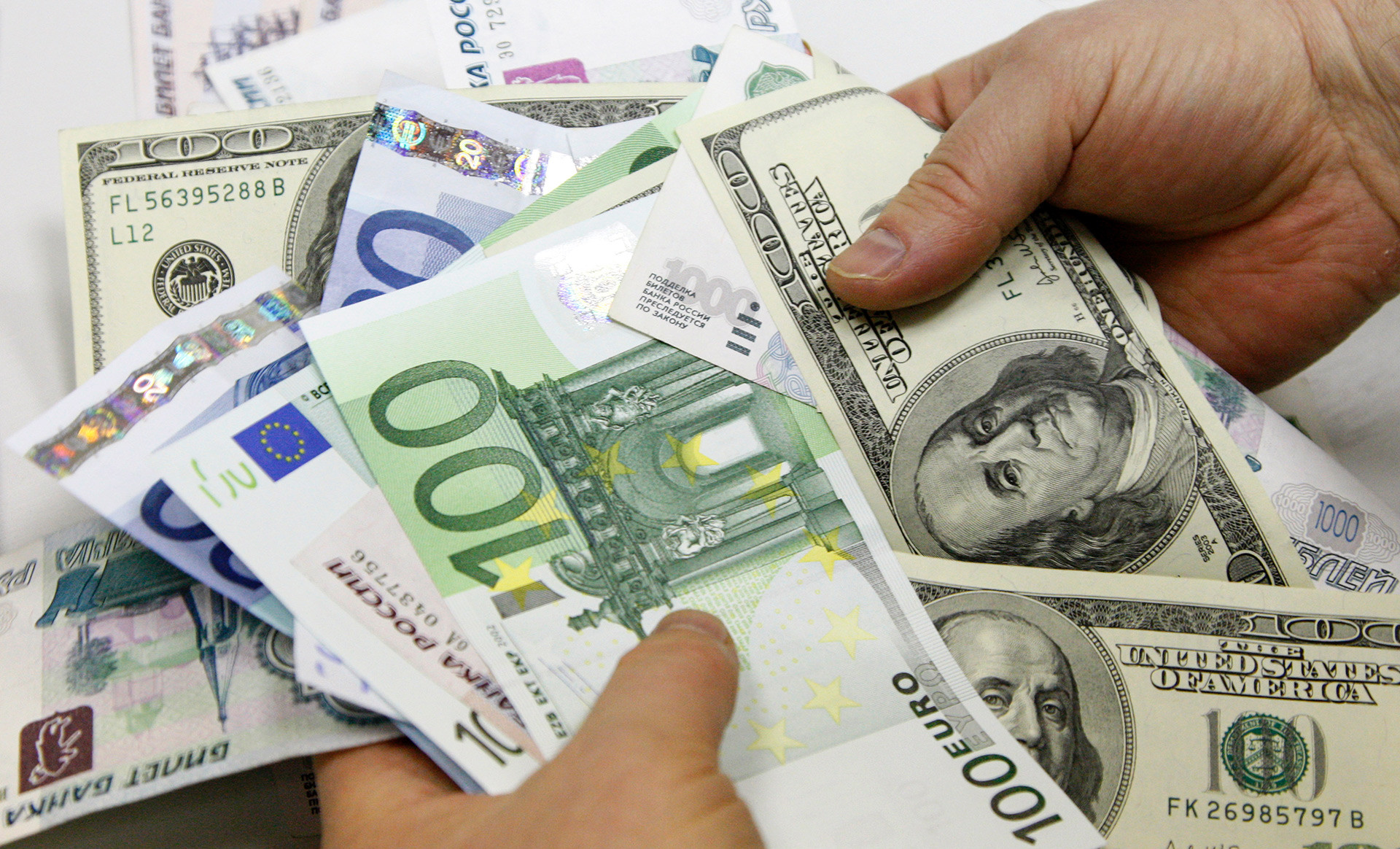
Check out our list of 11 hacks to help you journey around the world’s biggest country on a shoestring.
If using any of Russia Beyond's content, partly or in full, always provide an active hyperlink to the original material.
Subscribe
to our newsletter!
Get the week's best stories straight to your inbox